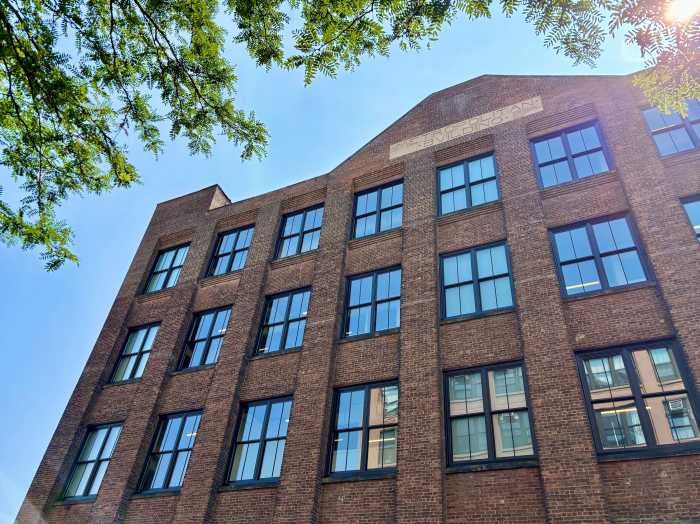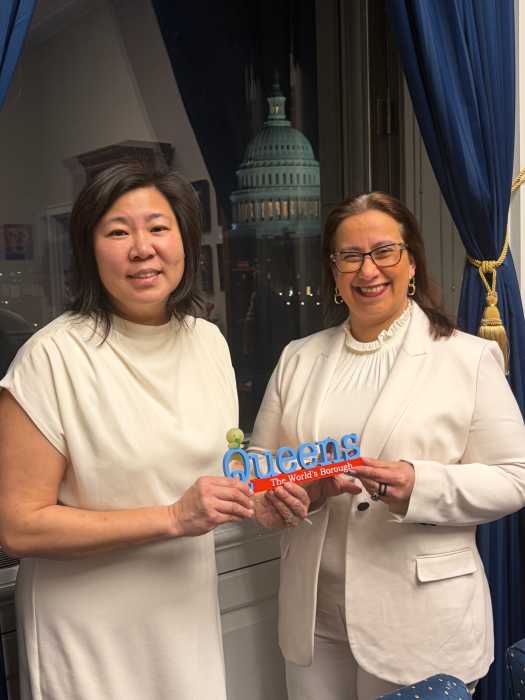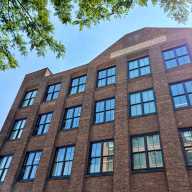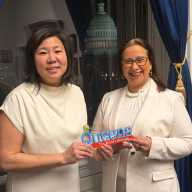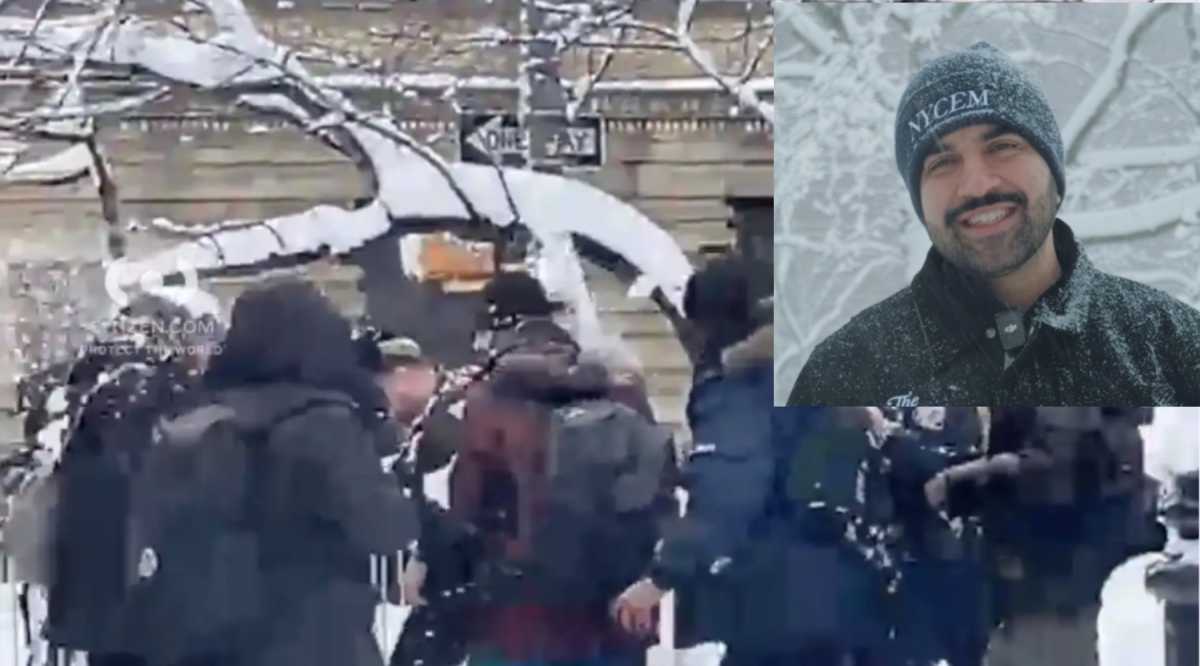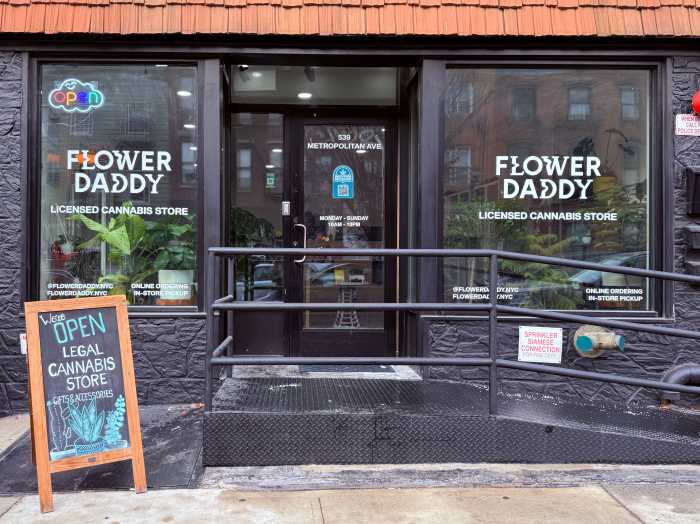By Gabriel Rom
Jews, Christians and Muslims marked the birthday of the Rev. Dr. Martin Luther King Jr. together at the Flushing Free Synagogue Sunday.
Imam Yusuf Ramadan of Masjid Nurriddin, in Corona was one of the event’s guests of honor.
“Shalom Aleichem, Salaam Alecheim,” he offered as a greeting, setting an interfaith tone that would carry throughout the event.
Ramadan, who was invited by Rabbi Michael Weisser, said their friendship is connected by their shared belief that “most people are good — not bad.”
“We come together on the basis of what we have in common —and we work from there,” he said. “There is no progress until we can see each other and know each other as sons and daughters of Abraham.”
Ramadan told the congregation that his first daughter has the name Moussa, Arabic for Moses.
Shouts of “Inshallah!” and “Mazal Tov!” filled the sanctuary.
Ramadan contrasted King’s message of peace with the incendiary rhetoric of Donald Trump, Ted Cruz and the nation’s polarized political discourse. He tried to remind people that King, a critic of capitalism and materialism, had a more radical legacy than just his “I Have a Dream” speech.
“King shook things up. He was more revolutionary than we might think,” he said.
Ramadan focused on what he said were the three evils of racism, militarism and poverty — ills that he said Dr. King dedicated his life to combating.
In between speakers, The York College Gospel Choir, sang spiritual songs joined by the entire congregation.
Coach Ron Naclerio, a Queens legend who has led Cardozo High School’s basketball program to 16 city championships, spoke to the congregation about his father, who saved King’s life by operating on him after an assassination attempt in 1958. The two became friends and Naclerio spoke of his father, ghost-faced and silent, the day King was assassinated.
“I never will forget that look,” he said.
A somber Weisser, who drew on his past as a rabbi for a synagogue in Nebraska, closed the ceremony.
“I remember fire hoses knocking people to the ground, I remember the phrase ‘segregation now, segregation tomorrow, segregation forever.’”
Weisser harkened back to the civil rights coalition between Jews and African-Americans.
“I remember the spirit of hope in the land, even with the deaths of our heros,” he said.“I had a dream, but that dream has not happened.”
Weisser spoke of the degradation of American politics and connected the struggles of the 1960s to the Black Lives Matter movement.
“I’m feeling like the American experience has taken a giant step back,” he said. “And I hope to live to see the day when what we have had here is not out of the ordinary —but ordinary.”
Reach reporter Gabriel Rom by e-mail at grom@

